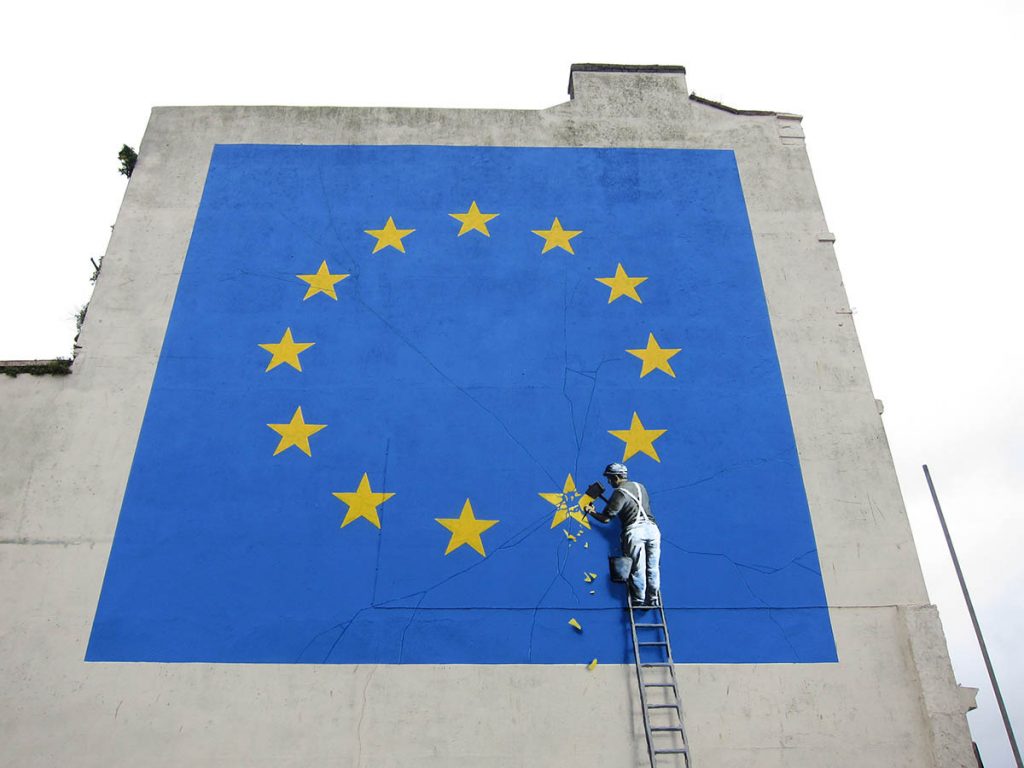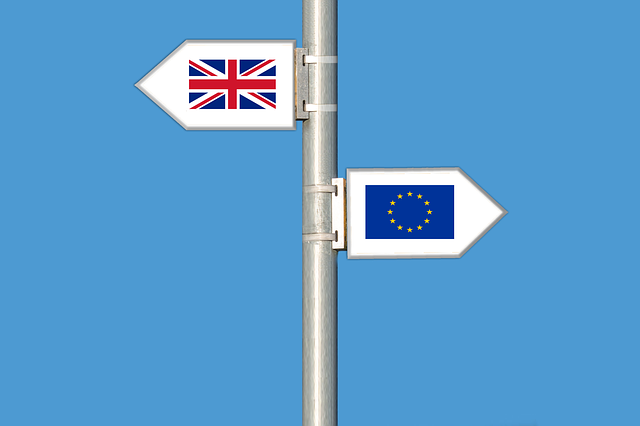The chances are that if you have watched TV, listened to the radio or used public transport in the last week you would have come across a media campaign advertising the new EU Settlement Scheme (EUSS). But what is it, and how does it work?
The EUSS was introduced by the government to safeguard EU citizens’ rights after Brexit. The scheme became fully operational last week on 30 March, after an initial test phase which saw more than 200,000 applications being processed.
While the precise form and date of Brexit are still being debated, we examine the requirements and application process of the EUSS as well as why it is vital for EEA/Swiss nationals and their eligible family members to apply…
Who Should Apply?

Applicants who have resided continuously in the UK for at least five years before making the application would be eligible for ‘settled status’ (indefinite leave to remain in the UK). Those with less than five years residence would be eligible for ‘pre-settled’ status (limited leave to remain) for five years to allow them to complete five years’ residence and become eligible for settled status.
Residence pre and post the grant of pre-settled status can be counted towards the five-year requirement for settled status.
Unlike the EEA free movement regime for EEA/Swiss nationals, ‘continuous residence’ under the EUSS is defined as ‘presence’ in the UK, as opposed to requiring the exercise of treaty rights through employment, self-employment, studies and self-sufficiency.
READ MORE: Where Are We With Brexit And What Does It Mean For Our Rights? >>
Furthermore, EU law requirements to hold comprehensive sickness insurance (in most instances, private medical cover) during periods of studies and self-sufficiency do not apply under the EUSS.
Securing Your Status In The UK

The system is designed to allow successful applicants to secure their status in the UK post-Brexit and any transition period.
However, those who do not apply for status under the scheme by the prescribed deadline risk losing their lawful status in the UK and by extension, their right to work, rent a property, receive medical care as well as potentially become subject to enforcement proceedings for removal from the UK.
It is therefore of the utmost importance that applicants do not miss the deadline and secure their status in the UK in the midst of the ongoing Brexit uncertainty.
Speaking to RightsInfo about the possibility of a no-deal Brexit, George Peretz QC, who specialises in the EU, state aid, and customs law, the barrister notes that it would create potential ‘legal black holes’, seeing “an immediate loss of all of the EU law rights that individuals have, most obviously in the area of citizens rights.”
He continues: “There are a set of rights anxieties over Brexit relating to the rights of EU citizens living in our country. Under a no deal situation, the government has said it will offer an equivalent set of rights in the United Kingdom, however, what an act of parliament can grant on one day in the UK, another act of parliament can take away the next.”
How Do I Apply Under The Scheme?
 Image Credit: Elionas2/Pixabay
Image Credit: Elionas2/Pixabay
If you have with access to an Android device with technology which allows for electronic payment via the device, an application under the EUSS can be submitted online using the ‘EU Exit: ID Document Check’ app to check the applicant’s identity and upload a photograph (by taking a selfie).
It was announced last week that the application process will also become available on Apple devices by the end of this year. If you’re unwilling or unable to use the app, there is an option to submit your original ID document by post or by using one of the designated scanning centres.
The process for non-EEA family members without biometric residence cards is slightly more cumbersome as it requires a biometrics appointment at one of the recently rolled out UK Visa and Citizenship Application Services (UKVCAS) centres, which don’t always have ready availability and may require an appointment fee depending on the type of centre and exact service available (for example, out of hours appointments are charged at £100).
READ MORE: Government Risking Another Windrush Scandal With EU Nationals Following Brexit >>
Other than any applicable appointment fees for non-EEA family members, applications under the EUSS are free of charge.
In addition to having to make a ‘valid’ application using the procedure set out above, there are three main requirements which must be met:
- the applicant is an EEA/Swiss national (or their qualifying family member) who is resident in the UK by the cut-off date (ie either by 31 December 2020 in a deal scenario, or by exit date (currently expected to be 12 April 2019 in a no-deal scenario);
- the applicant’s absences from the UK do not exceed six months in any twelve-month period (with certain exceptions), if applying for settled status; and
- the applicant must not fall foul of the government’s criminality and security checks.
How Long Do I Have To Apply?
The deadline for applications varies depending on whether the UK leaves the EU with a deal, in which case applicants will have until 30 June 2021 to apply; or without a deal, in which case applications must be submitted no later than 31 December 2020.
Featured image via Stefan Vladimirov / Unsplash
This explainer was submitted to RightsInfo by Sophie Barrett-Brown, Senior Partner and Head of UK practice at Laura Devine Solicitors






